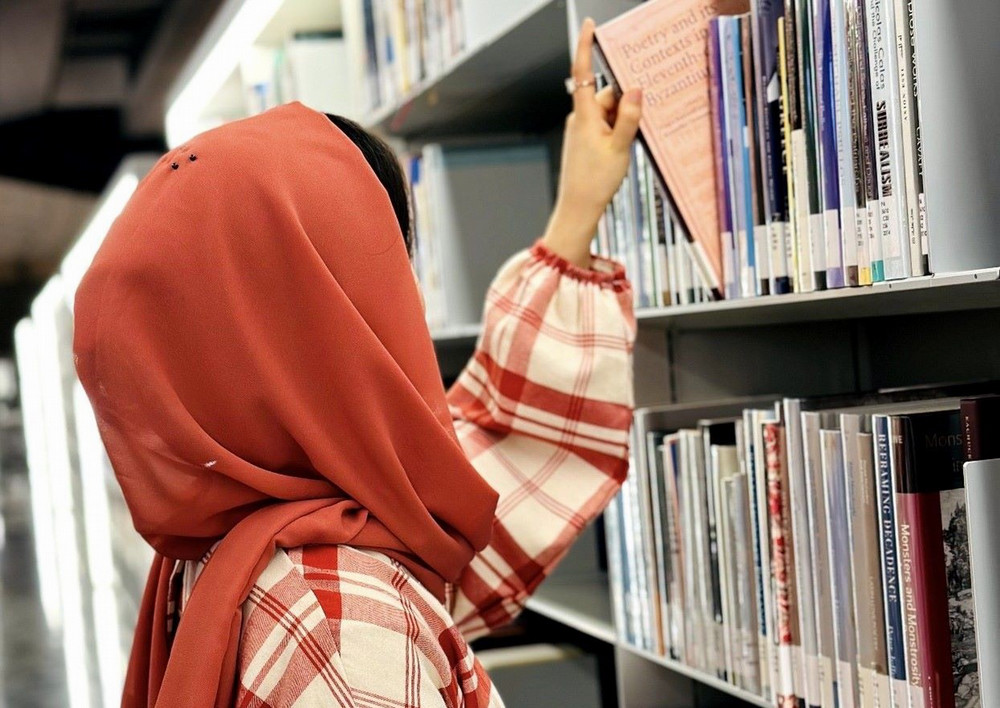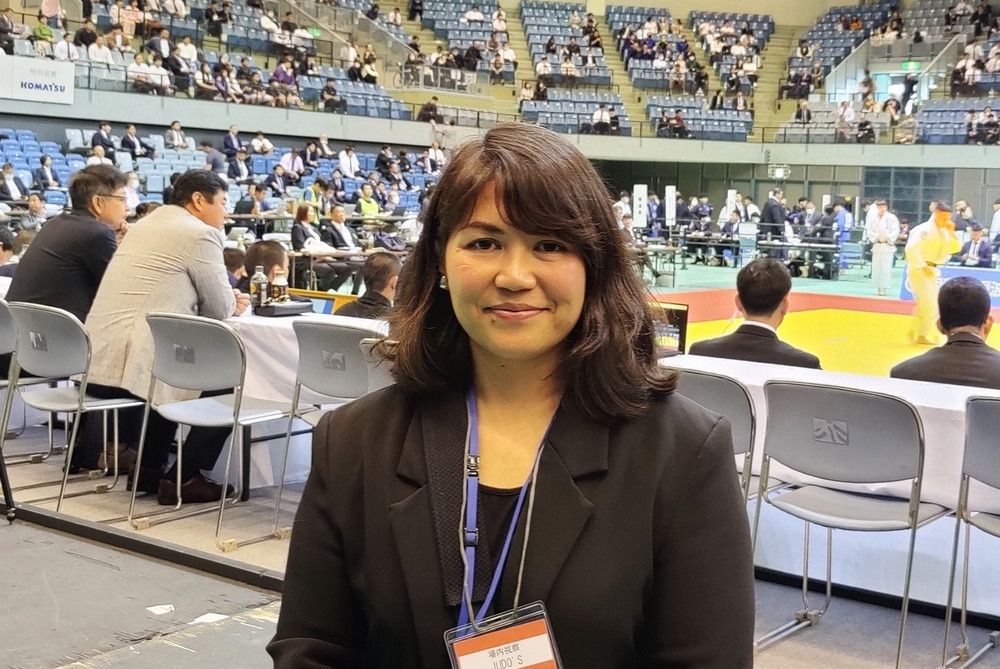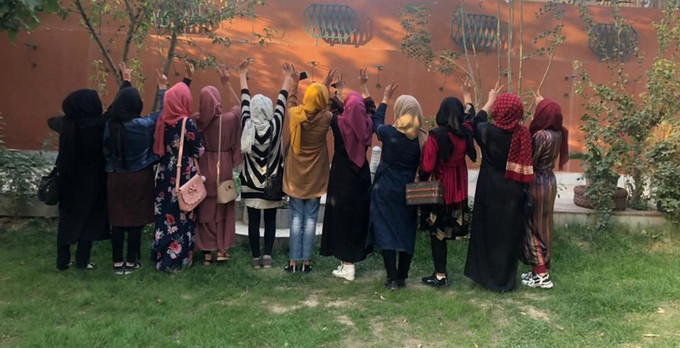What is the value of an education?
For many Afghan women students studying abroad, education is their ticket, their lifeline for escaping Afghanistan’s oppressive Taliban regime that denies all women and girls the basic right to education after the age of 12. But the recent collapse of international scholarship support has put their education and the better future it offered in jeopardy. Without their status as international students, these women face the threat of being forced to return to Afghanistan, where their safety and right to education are severely compromised.
Education is the key to fighting the gender apartheid imposed on Afghan women by the Taliban Regime. ... An entire generation of bright, talented, and educated Afghan women will be wasted if we don’t act now.” — Friba Rezayee, Afghan-Canadian, former Afghan Olympian, and Executive Director of WLOT
In partnership with the Canadian non-profit organization Women Leaders of Tomorrow (WLOT), the University of Regina is revitalizing its Project Resilience scholarship funding program and stepping forward as a place of refuge, learning, and opportunity to help ensure that Afghan women students can remain safe and stable while pursuing their studies.
“The University of Regina is a welcoming, inclusive institution that values the academic skills and ambitions of high-achieving students in our global community,” says Jeff Keshen, President and Vice-Chancellor of the University of Regina. “Together, with Women Leaders of Tomorrow, we are partnering to establish scholarships, and provide emergency funds, housing, and other supports for these students whose education hangs in limbo.”
Established in 2022, Project Resilience supports students affected by war, or other forms of political violence, in their home countries so they may safely continue their studies at the U of R. The University’s goal is to raise $500,000 by July 2026 to bring Afghan women students to the U of R to continue their studies and fulfill their academic journeys. While its current focus is on Afghan women students, Project Resilience remains open to supporting other students affected by conflict.

“Education is more than just education,” says Spogmai, an Afghan graduate student, who cannot use her full name for fear of retribution to herself and her family still living in Afghanistan. “I am going to university for my entire nation, for each and every woman in Afghanistan who has no means to speak for herself. Education is my right, and I want to be the voice for those who don't have it.”
Since the Taliban regained power in 2020, WLOT has helped bring more than 60 Afghan women and girls to Canada to complete their education in schools and universities across the country.
“Education is the key to fighting the gender apartheid imposed on Afghan women by the Taliban Regime,” says Friba Rezayee, who is an Afghan-Canadian, former Afghan Olympian, and Executive Director of WLOT. “When the Afghan central government collapsed, so did our rights, democracy, and human rights. Now, education is about to collapse. An entire generation of bright, talented, and educated Afghan women will be wasted if we don’t act now.”

Afghan women students who receive U of R Project Resilience scholarships will be provided with University supports and services to ensure their overall health and well-being, including: counselling services; Student Wellness Centre services; Mental Health Hub resources; academic counselling; and UR International supports.
“One day, I hope to meet the girls who are still in Afghanistan, the ones who were denied their rights, and share my education with them,” says MR, an Afghan undergraduate student studying Computer Science abroad. “I want them to know they haven’t been forgotten. Education is one of the basic rights of every human being — woman or man. It’s the key to growing strong families, communities, and nations.”
If you have any questions about donating to Project Resilience scholarship program, please contact Erin MacAulay, Director, Philanthropy at erin.macaulay-davalos@uregina.ca.
The U of R’s University Philanthropy unit is now accepting donations to Project Resilience in support of Afghan women students. For more information or to donate to the scholarship program, visit our webpage.
Banner photo: Afghan women students shown here were banned from pursuing education after the age of 12. Photo credit: Women Leaders of Tomorrow.
About the University of Regina
At the University of Regina, we believe the best way to learn is through access to world-class professors, research, and experiential learning. We are committed to the health and well-being of our more than 17, 200 students and support a dynamic research community focused on evidence-based solutions to today’s most pressing challenges. Located on Treaties 4 and 6—the territories of the nêhiyawak, Anihšināpēk, Dakota, Lakota, and Nakoda peoples, and the homeland of the Michif/Métis nation —we honour our ongoing relationships with Indigenous communities and remain committed to the path of reconciliation. Our vibrant alumni community is close to 95,000 strong and enriching communities in Saskatchewan and around the globe.
Let’s go far, together.
